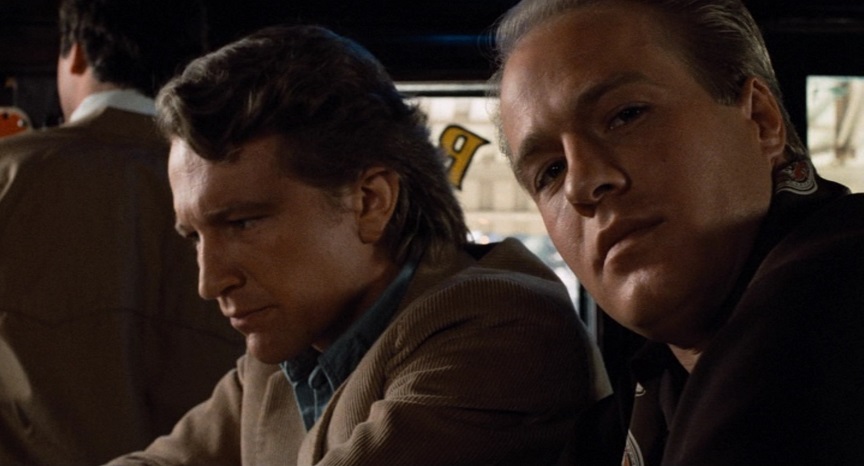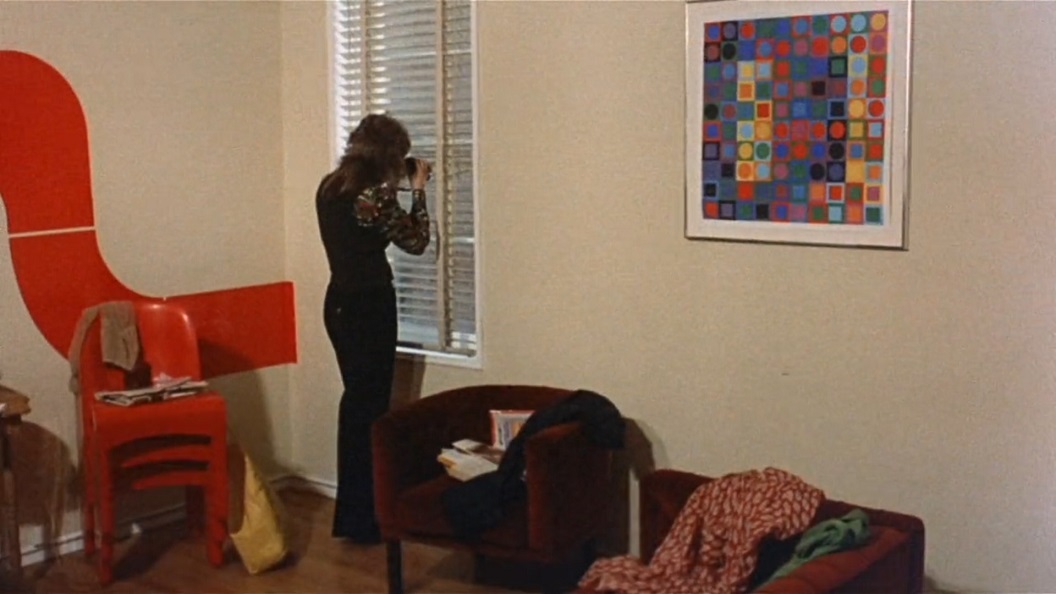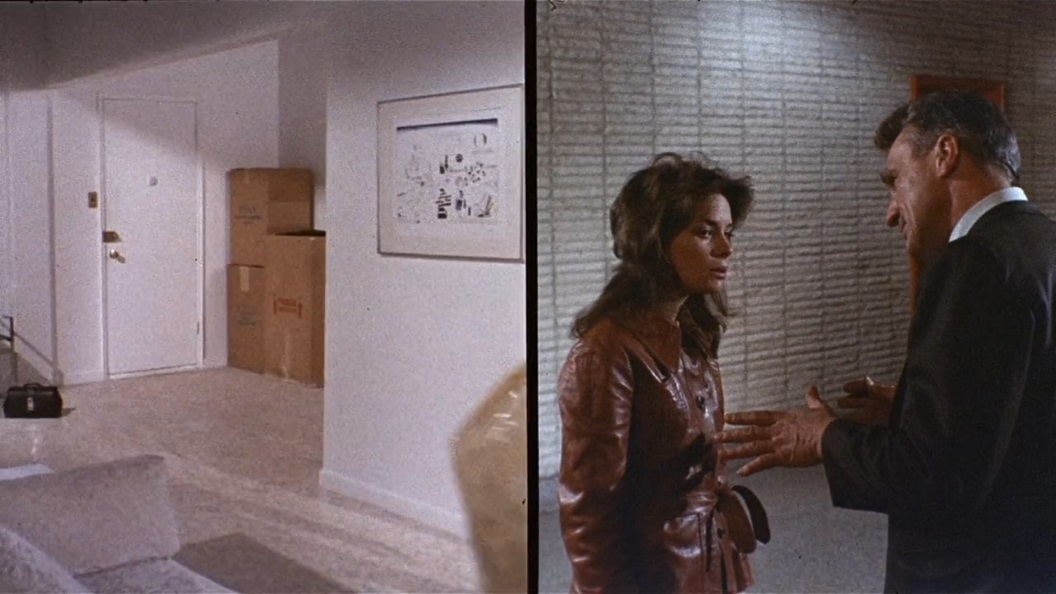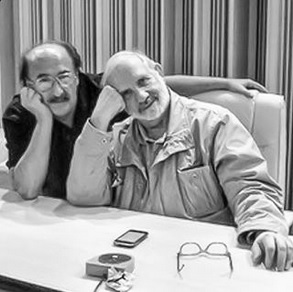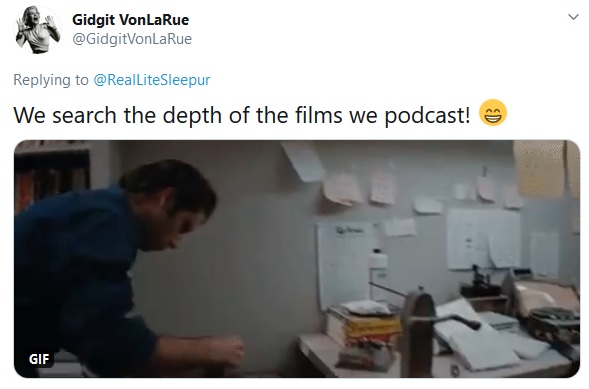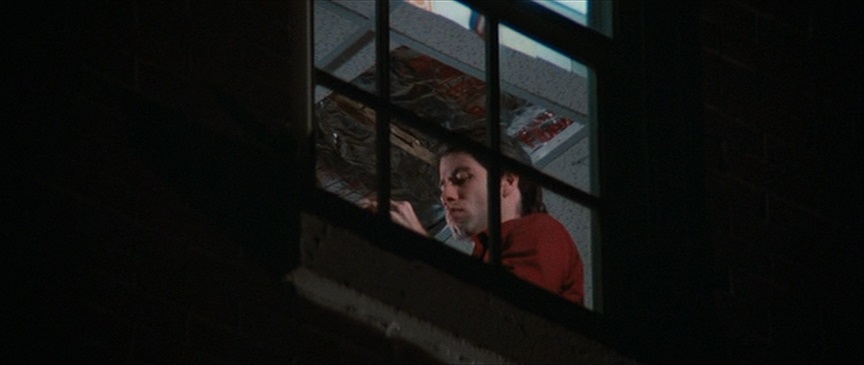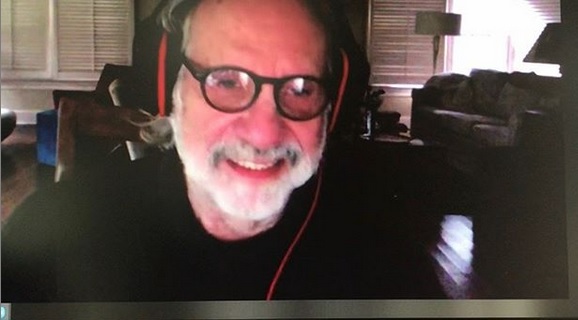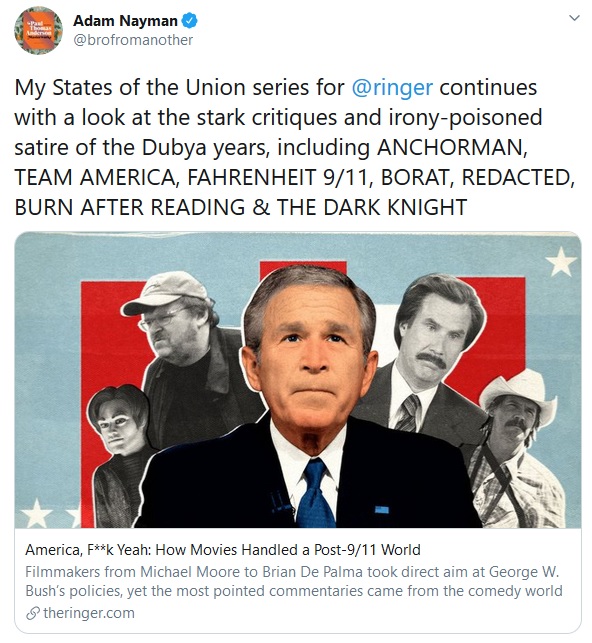NIGHTMARE ON FILM STREET PODCAST & PITCHFORK HIGHLIGHT 'PHANTOM OF THE PARADISE'
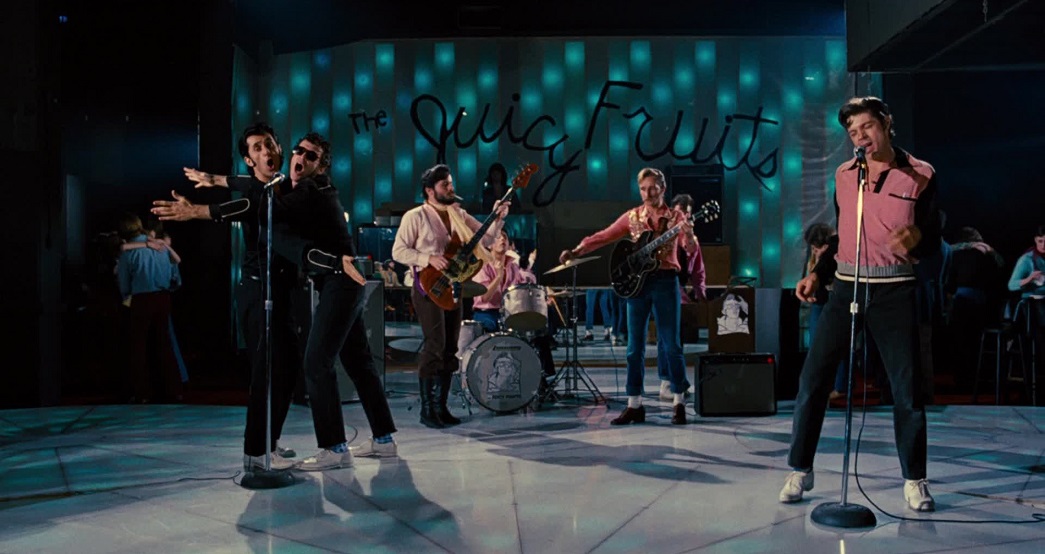
What a joy to listen to Jon and Kim, the hosts of the Nightmare On Film Street podcast, discussing Brian De Palma's Phantom Of The Paradise. The pair discovered the film (or, finally watched for the first time) two years ago. The episode is titled, "ROCKTOBER! The Rocky Horror Picture Show vs. Phantom of The Paradise". At one point, discussing the first time they ever saw Beef show up in the film, Kim recalls it as a moment when it suddenly dawns on you: "Is this my new favorite movie??" Here's a transcripted taste:
Jon: I don't know what it is about Phantom Of The Paradise-- it is real weird when you look at it and you're trying to figure out if you want to watch it. Like whether it's gonna be something you'd like. Because for years people have told us to watch it.Kim: I know!
Jon: I've seen it spoofed on TV shows, even The Simpsons did a little gag about it in a Treehouse of Horror episode. And for whatever reason, I was just, "Ehh, I don't know. Even though it's a Brian De Palma movie, it doesn't really look like my bag. I'll get to it eventually."
Kim: Yep. For me, it just didn't seem directly spooky enough?
Jon: Haha, yeah.
Kim: To entice me? You know what I mean?
Jon: Like, "I guess he's a cool-looking raven thing..."
Kim: Yeah, there was too much bird stuff, like, had it been ghosts and bats, I would have been in on it. But yeah, it was just like, "I don't know if this is for me." And I was fucking wrong.
Jon: Right? Don't you feel like it's... it's weird to say, like [mocking] "This is the greatest movie I've ever seen!" Because it's only been a short period, but don't you feel like a portion of your DNA is now Phantom Of The Paradise?
Kim: Hahahahaha.
Jon: I have introduced friends to this movie who I think had the same idea I had, that it's like, maybe not for them. And they've come back and said, like, "Oh my God, this is fucking amazing! I need more movies like this!" Like, the real sad part is that there aren't. It's hard to recommend more movies like Phantom Of The Paradise. It is so unique.
Kim: Yeah. I mean, and that's kind of why we're pairing Rocky Horror and Phantom Of The Paradise together in this episode, because they're kind of anomalies.
Jon: Yeah.
Kim: In that, I guess they're similar, but only in their zaniness.
Jon: Yeah. The answer for both: like, if you want more movies like Rocky Horror or you want more movies like Phantom Of The Paradise is just recommend the other movie. Fingers crossed they haven't seen that one!
Kim: Yeah, but it's, "This isn't really like it, but it's like it."
Jon: Yeah. If you've never seen it, please, for the love of God, stop this podcast, and go seek it out. In the States, I think it might still be available on Shudder. We picked up a Blu-ray copy from Scream Factory, it's still in print. So it's available. You can get it. And if you need more of a sell, I'd say that, the thing I always tell people is that it feels-- because there are lots of live performances in the movie-- it feels like an Alice Cooper concert that you never went to.
Kim: Yeah, there's something so interesting, too, about the songs in this film... All of the songs in the movie are performances.
Jon: Yeah!
Kim: It's less like Grease, where they just break into song, and more like a stage performance. Like, we are watching a bunch of musicians performing the musical numbers.
Jon: And it has a lot to say about the music industry. Or even just, like, the entertainment industry.
Kim: It's so good.
Jon: Yeah.
"A STYLISTIC BALANCING ACT" - PITCHFORK'S NATHAN SMITH ON 'PHANTOM'
Meanwhile at Pitchfork, Nathan Smith writes about The Pitch "Movie of the Week," Phantom Of The Paradise --
In just 90 minutes, Brian De Palma folds a ridiculous amount of narrative into Phantom of the Paradise, and yet it never feels rushed or overstuffed. Every moment is more inventive than the last, and there are elements of the director’s style all over: the public horror of Carrie, the surveillance technology of Mission: Impossible, the coked-out sleaze of Scarface. But it’s also vastly different from anything he’d ever make again—in part because the movie is as defined by one of its stars and composers, Paul Williams, as it is by De Palma.More than anything, Phantom of the Paradise is a stylistic balancing act. De Palma drifts between genres, from expressionist horror to slapstick comedy to searing melodrama, to tell the tragic saga of a passionate artist devoured by the ruthlessness of the music business. Williams, then a songwriter for acts like the Carpenters and Three Dog Night, spoofs everything from Phil Spector-produced teen pop to Alice Cooper-like shock rock on the soundtrack and in his role as villain tastemaker Swan. The diminutive Williams is maybe a hard sell as a rock devil, but there’s something a little demonic about his chubby cheeks and the sunglasses that never leave his face—he’s clearly having fun with the whole thing. One has to wonder how much he, as a working singer-songwriter, channeled his own experiences into the character. As the film puts it, the pop industry is where everything can be sold, even your soul.
Phantom does what all good satire does: it cuts to the truth by going beyond it. De Palma draws on the tropes and themes of classic stories like The Picture of Dorian Gray and Faust and creates images that are almost mythic, reaffirming that the modern-day exploitation of the music industry isn’t anything new—business has been preying on art since the feudal days. The story is as much a parable as it is a parody, an almost fairy tale-like warning about the damage celebrity can do to the psyche.
Updated: Thursday, October 22, 2020 11:56 PM CDT
Post Comment | Permalink | Share This Post




